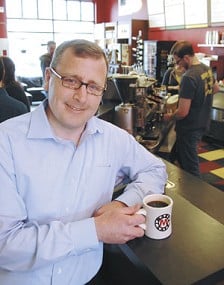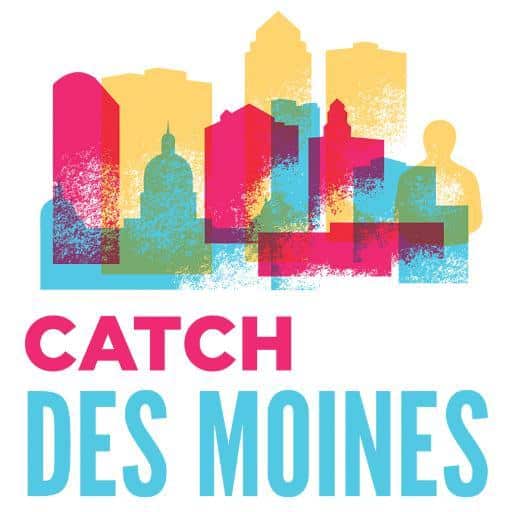Coffee sellers bank on quality as prices rise

As fast-food restaurants and convenience-store chains offer a larger selection of coffees to meet rising consumer expectations, some specialty coffee providers are perking up their own products.
And though better beans cost more, some coffee purveyors are looking to leading brands to satisfy picky palates as they pass along an overall increase in coffee prices to customers.
Bloomberg reported that coffee prices surged to a 14-year high in March as arabica coffee futures nearly doubled from the previous year. Other published reports said companies such as Starbucks Corp., Green Mountain Coffee Roasters Inc. and J.M. Smucker Co. have raised prices.
Last month, Mars Café selected Chicago-based Intelligentsia Coffee and Tea Inc. to supply it with coffee that Larry James Jr. hopes will attract connoisseurs who are willing to pay more for a premium product.
James, an attorney with Dickinson, Mackaman, Tyler & Hagen P.C. who opened Mars Café in March 2006, said that in the past three months, he has twice increased the price of coffee at his Drake neighborhood restaurant.
Now, as commodity prices continue to soar and other business owners decide whether to pass along those additional costs to customers, James said he plans to cater to those who appreciate the finer things.
“People are treating it more like they treat wine,” James said of coffee-based beverages such as lattes and cappuccinos. “In the restaurant business, you constantly have to refresh your menu to keep the customer interested.”
One recent refresh at Mars Café is related to the Chemex and Hario V60 coffeemakers that use pour-over methods of coffee preparation. Those processes result in products similar to drip coffee, but with a richer, more full-bodied taste.
“Our hope is that customers will respond favorably to the change, and our sales will increase as a result,” said James, who on March 24 increased the cost of coffee to $1.75 a cup from $1.50 a cup and raised the prices of espresso-based beverages by about 25 cents a serving.James said Mars Café’s new line of single-origin and blended beans are secured directly by Intelligentsia from coffee farmers in countries such as Rwanda, Tanzania and Brazil. He plans to send his employees to an intensive two-day course taught by master baristas at Intelligentsia’s headquarters.
“We can get the best coffee in the world, but if it’s not prepared properly, it won’t taste good to the customer,” he said.
Mars Café parted ways with its prior supplier, Alterra Coffee Roasters Inc., after that company sold its distribution rights to Mars Inc. James said Alterra sacrificed its ability to distribute wholesale coffee outside Wisconsin and Illinois when it sold its rights.
“We went with Intelligensia primarily because the quality is amazing,” said James, noting that his shop goes through 100 to 120 pounds of coffee each week. “We are passing some of that cost on to the customer, but not the full cost.”
Ned Skinner, president of U.S. Coffee and Tea Co. in Des Moines, said the corporate clients and small businesses his company serves are also looking for higher-quality coffees, despite the extra cost.
About three years ago, U.S. Coffee began offering a gourmet line of single-serve coffees, which are packaged in 2.25-ounce coffee packets and prepared using the Keurig Commercial Brewers that U.S Coffee distributes in the state of Iowa.
Skinner said the gourmet packets are 0.75 ounces larger than U.S. Coffee’s original line of single-serve coffee containers, and new flavors such as “Doughnut House” are intended to please evolving tastes.
“The days of ‘one blend or one brand fits all’ are over, as savvy drinkers and coffee connoisseurs find specific origins, roasts and blends that they prefer,” Skinner said, noting that his company’s coffee is roasted and packaged by U.S. Roasterie in Des Moines.
Referring to a January report that coffee harvests in Colombia and Brazil may decline this year, Skinner said less-than-ideal growing conditions and coffee-producing countries’ demand for more of their own products have contributed to rising prices and downward pressure on supplies.
However, he doesn’t expect those factors to affect U.S. consumers’ appreciation for the bean. “People want more flavor,” he said. “You can raise the cost of coffee, and the consumer doesn’t really care.”










